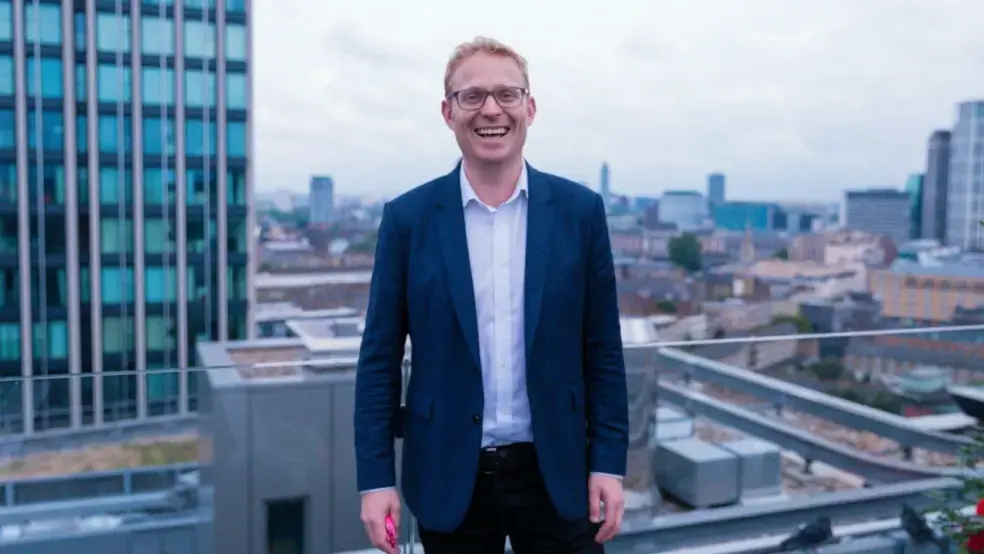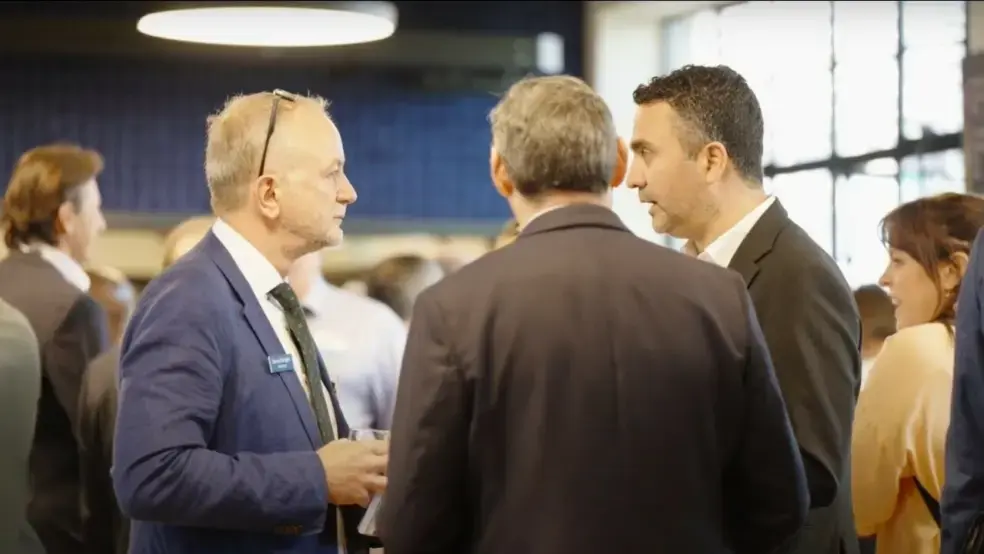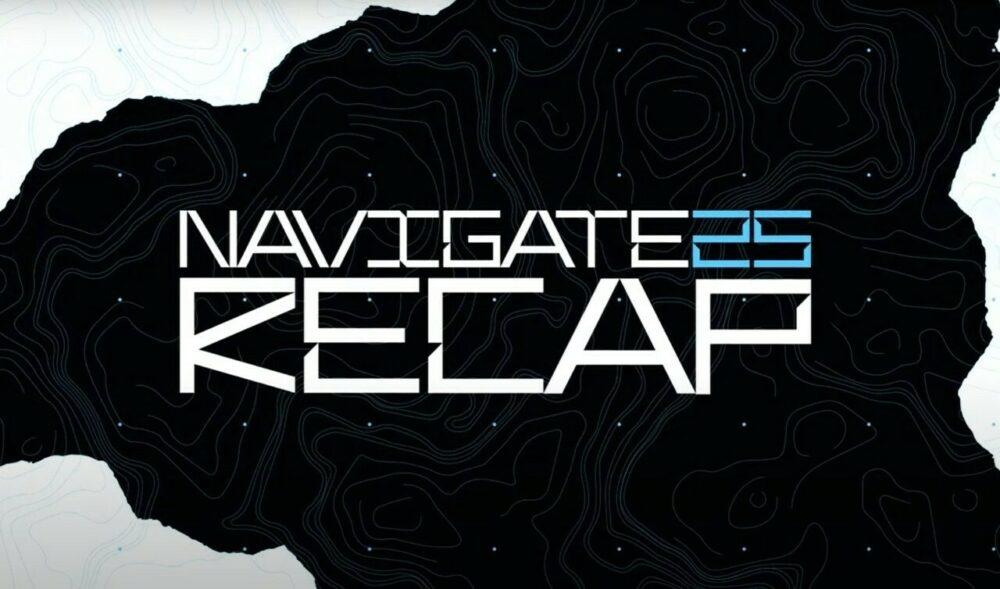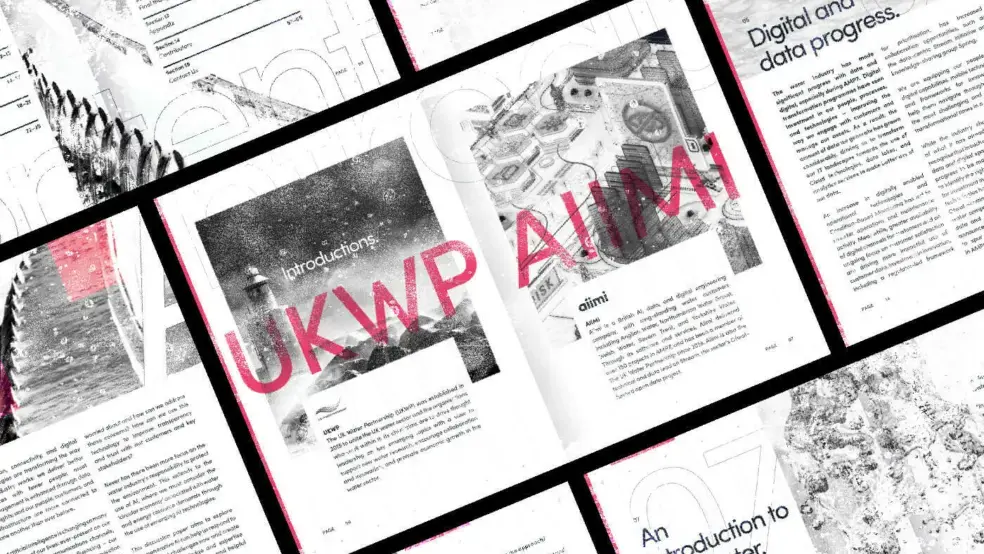Stressed Out: A personal journey in mental wellbeing

Singapore. The city that never sleeps. Taxis hurtling round tight street corners. Shiny skyscrapers. Bright lights and noise. 24 hour living. Rooftop bars with panoramic views of the city. Cash-rich twenty and thirty year olds playing tennis and drinking champagne over brunch at five star hotels. A luxury living, designer shopping paradise. You want it, you’ve got it.
The world I was living in was fast. I was in my late twenties working for a 3,000-person global software company from Singapore. Failure wasn’t on the cards. Every week I would be on four to five flights. Get off the plane, straight to a client’s office. Grab a taxi. Back on the plane. Korea. China. Japan. Indonesia. My air miles shot through the roof and I was made to feel important by the airlines. I'd come home at the end of the week, totally exhausted and totally buzzed. Ring up my mates in the city. Anyone for a night out? Next thing we’d be at our third bar, eight bottles of Grey Goose and champagne strewn on the table with someone’s credit card missing. Wild blurry memories next day nursing a pounding hangover and then – repeat the week.
The idea of slipping up and letting down the people around terrified me, so I’d always be thinking about work, and how to do things better.
Everyone knew me as the angry guy. As a salesman, people sometimes expect you to be aggressive, and I definitely took that on. I’d have blazing rows with taxi drivers and waiting staff over little things. Once I got to the office though, I’d knuckle down and get on with my responsibilities. Working hard came second nature to me. In my previous job at OpenText, I’d won European Sales Person of the Year at the age of twenty-five, after closing the biggest sale of the year. The idea of slipping up and letting down the people around terrified me, so I’d always be thinking about work, and how to do things better. I’d almost never go to bed happy that I’d done everything I needed to do that day. Was this all just good luck? I’d worked so hard to get to this point – what if things started crumbling around me?
Things were crumbling, actually, but I just didn’t realise it.
I started having full-body twitches and seizures, sitting on the sofa with my eyes rolling. After multiple MRI scans, the hospital concluded it was stress. It wasn’t the first time I’d come face-to-face with mental health. At university I’d been through depression and gained about fifteen kilos in weight, which I later lost when I went travelling round the world. The first year I started full-time work, I got shingles due to stress. And now, the seizures. I looked around at the life I’d created and realised I’d become someone I wasn’t. I’d been swept up in a wave of materialism and hedonism, going out for dinner every night, and forgotten my family and friends back at home. The lifestyle was amazing but somehow I’d lost myself. There’s actually a photo of me and my girlfriend (wife now), the exact point we made the decision to come back to the UK. It’s taken from behind us. I’ve got my arm round her and our legs are dangling off a massive boat during a friend’s thirtieth party. That was the moment.
I’ve learned that contentment is not a place or a silver bullet, it’s a mental state.
Look – this isn’t a story about how I miraculously recovered from stress after a shaman gave me a magical brew. I’m still on a journey. Three years ago I was taken straight into major trauma A&E with a suspected heart attack. I still remember the look on my wife’s face when she rushed into the room and stared at me with fear in her eyes. That’s when I started to realise the impact my stress was having on my family and loved ones. Ironically, while I was in hospital, I was voted Employee of the Year. I won’t deny that reading the comments my colleagues wrote about me brought a few tears to my eyes. But that’s the funny thing I’ve learnt – you can work all you want and achieve all the success you want, but there’s always going to be a cost. There's this trendy idea that if you want to “find yourself” you should travel the world, but I’ve learned that contentment is not a place or a silver bullet, it’s a mental state. I left the UK for Singapore partly because of a breakup, only to find myself leaving Singapore because I didn't like who I’d become. I was moving from place to place, but the truth is I had to journey inward to truly understand myself.
It’s about managing that balance between uncomfortable and content, and not allowing the scales to tip too much either way.
One thing I’d definitely recommend everyone doing is counselling. For me, it transformed my life. I was terrified that going to a therapist would fundamentally change me and make me more complacent, but actually it was the most emotionally exhausting, wonderful experience that’s made me much calmer and in control. For me now it’s a no-brainer: just as you’d go to a physiotherapist if you had a shoulder injury, you’d go to a therapist to talk through stress and give yourself time to understand yourself better. I went to therapy for two years, often once a week. When you go to therapy you usually go with what you think is one challenge but over the months you unearth other contributors to your stress levels that you never even thought of. There were times I’d talk through such emotionally exhausting topics, I couldn’t physically lift my hand off my leg, and when I’d come home I’d head straight to bed and sleep for twelve hours. It wasn’t easy, and sometimes I’d anxiously anticipate the following week’s session. But the outcome at the end of the two years was 100% worth it. That’s really why I’m sharing my story – because I want everyone to know it’s okay to feel like this and be vulnerable. In fact, it’s an act of strength.
I love putting myself in uncomfortable situations and growing, but I’ve learnt that’s not always the route to contentment.
I often wonder why I like working so hard and I’m not really sure. It’s a habit I suppose, a way of controlling things. I’ve never worked so hard as I have at Aiimi these last seven years, but I’ve also never felt so good about a company as I do now. Most of my stress comes from this desire I have to do my best and always give more. I love putting myself in uncomfortable situations and growing, but I’ve learnt that’s not always the route to contentment. It’s about managing that balance between uncomfortable and content, and not allowing the scales to tip too much either way. There are things I do to help with this. For instance, my self-criticism is always louder than the truth, so I like being surrounded by colleagues who communicate bluntly with me and help me understand if I’m worrying about something small, or if it genuinely needs improvement.
There are two other big things that have really helped me have a new perspective – running and snowboarding. Some of the most content times of my life have been when I’ve done these activities. When you get up early in the morning and put on your trainers; when the roads and parks are empty, and you’ve got a no-noise space of your own for an hour. Or when you’re heading down the side of a mountain covered in snow, again isolated from everything around you, and you suddenly realise how tiny you are compared to the scale of your surroundings. You’re totally at its mercy, and all you can think about is your next turn. It's like you’re submerged in a different world where you can leave your frenetic lifestyle behind. Everything becomes hyper-clear because to keep control you are forced to focus on one single thing.
It’s okay to admit you’re struggling – in fact, it’s part of what makes you human.
That’s the tricky thing really...focusing on one thing at a time on a day to day basis. It's much easier staying in the moment when you’re snowboarding because...well, crashing at 45 miles an hour isn’t much fun. That’s what I’m trying to capture – being in the moment second by second, day by day, whether it’s snowboarding or working or being with my kids. That feeling when all you can do is keep up and surrender to the moment. In the months before the Coronavirus lockdown I would walk through the front door at home and try to lock my phone until my kids went to bed, so I could actually be there properly with them. But I’ve got to be honest – it was a struggle. As with everyone, the last eight weeks for me have been interesting...but I feel hugely lucky. I’ve not been ill and I’m not a frontline worker either. All I’ve had to do is stay in, work with my wife to manage our two jobs and two children. In the grand scheme of things, this is easy compared to what many people are going through. I am in no way saying that I haven’t been stressed through this period – I’ve definitely had my ups and downs, and as ever it’s tempting to beat yourself up when things go wrong, but I’ve learnt that sometimes you’ve just got to go with the flow. At some point the answers will appear and tell you how to deal with the situation. It’s okay to admit you’re struggling – in fact, it’s part of what makes you human. I haven’t nailed this yet and I’m definitely not perfect. But maybe that's what it’s all about, really. Sometimes just saying to yourself – hey, that’s good enough.
If you’re looking for mental health resources, you might like to check out some of the following options:
For Aiimi staff, don’t forget you can make use of our free, confidential Health Assured service for resources, advice and counselling
Mind – www.mind.org.uk
Samaritans – www.samaritans.org
Time to Change – www.time-to-change.org.uk
Read the other posts in our Personal Journeys in Mental Wellbeing series:
Speaking My Mind by Steve Salvin
Working Mum by Charlotte Richmond
Stay in the know with updates, articles, and events from Aiimi.
Discover more from Aiimi - we’ll keep you updated with our latest thought leadership, product news, and research reports, direct to your inbox.
You may unsubscribe from these communications at any time. For information about our commitment to protecting your information, please review our Privacy Policy.



